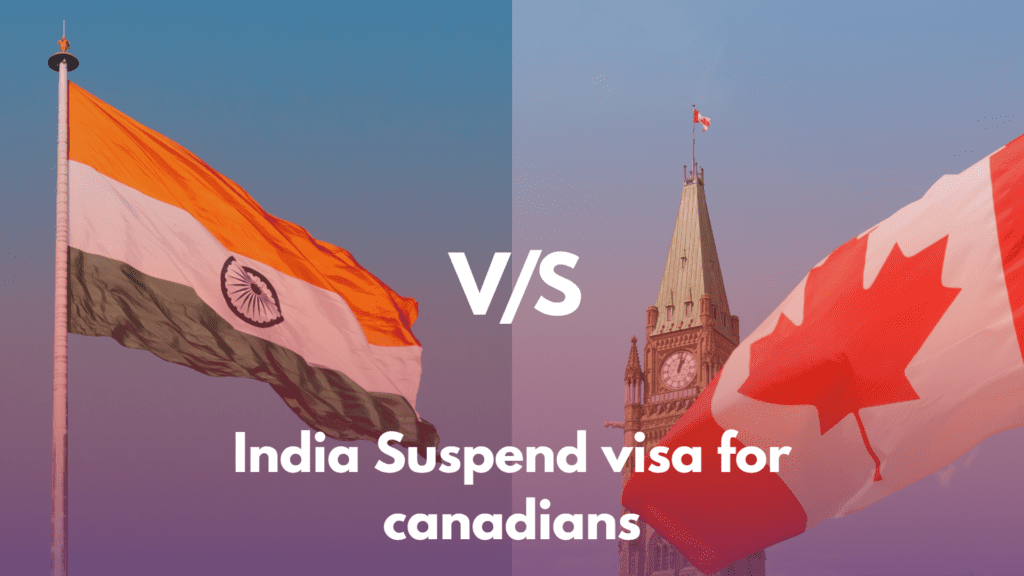
In recent months, China’s gaming industry has been thrust into the spotlight as the government unveils a series of stringent regulations designed to reshape the landscape. This blog post will delve into the specifics of these regulations, examining their potential impact on major players like Tencent and NetEase, exploring global repercussions, and contemplating the future of gaming in China and beyond.
Understanding the Regulatory Landscape:
China’s gaming crackdown, initiated with the release of the “Online Game Management Regulations” draft in December 2023, spans various aspects of the industry.
- Age Restrictions: Stricter age verification measures aim to curb excessive gaming among minors, mirroring similar initiatives in countries like South Korea.
- Monetization Limitations: The government is cracking down on in-game purchases and loot boxes, targeting practices that exploit players’ tendencies towards gambling. This has sent shockwaves through major players like Tencent, heavily reliant on the success of games like “Honor of Kings.”
- Content Control: Increased government oversight seeks to prohibit violent, gory, or otherwise harmful content, raising concerns about potential censorship and its impact on creative freedom.
- Playing Time Restrictions: Proposed caps on total playtime for minors further restrict their engagement with games, reflecting a broader effort to combat gaming addiction.
Impact on Tencent and NetEase:
The market’s initial response to the regulatory announcements has been significant, with both Tencent and NetEase experiencing substantial drops in stock prices. Investors fear the potential ramifications for these companies’ lucrative gaming revenues, emphasizing the industry’s vulnerability to government interventions.
- Monetization and Engagement Tactics: The regulations specifically target predatory monetization practices, with loot boxes and gacha mechanics facing outright bans. In-game purchases will be limited for minors, and playtime will be capped, creating uncertainty for companies heavily reliant on these revenue streams.
- Stock Market Fallout: Tencent and NetEase, as industry leaders, have borne the brunt of the regulatory impact, experiencing significant stock price declines. While company executives downplay concerns, analysts remain cautious, highlighting the uncertainty surrounding the full consequences of the regulations.
Suggested: Apple Watch Ban: A Looming Threat to the Holiday Season, What You Need to Know
Global Implications:
The significance of China’s gaming industry on a global scale cannot be overstated, with over 40% of global gaming revenue attributed to the Chinese market. The ripple effects of the regulatory crackdown could reshape the global gaming landscape in several ways.
- Reduced Revenue for Gaming Companies: Stricter monetization practices and playing time limits in China may lead to reduced revenue for gaming companies operating in the country. This could result in layoffs, decreased investment in game development, and potential price increases for gamers in other markets.
- Shift to Mobile Gaming: The impact of the regulations is likely to be more pronounced in the PC and console gaming sectors, potentially prompting a shift in focus towards mobile gaming, which aligns more with the new time limits imposed.
- Increased Censorship: The crackdown on content deemed harmful may lead to heightened censorship of video games, stifling creativity and innovation within the industry.
The Future of Gaming in China:
As the Chinese government aims to foster a healthier gaming culture, the industry stands at a crossroads. While some fear stifled growth and innovation, others believe these regulations could pave the way for a more sustainable and responsible gaming environment.
- Potential Benefits of Regulations: Analysts argue that the crackdown on excessive spending may lead to increased player engagement and loyalty. Additionally, the focus on developing high-quality, culturally relevant games could spur a new wave of innovation in the Chinese gaming industry.
- Mixed Reactions: The regulations are likely to elicit mixed reactions from gamers, developers, and investors. While concerns about censorship and economic harm persist, there is acknowledgment of the need to address the social and psychological impact of video games.
Conclusion:
China’s gaming industry is undergoing a profound transformation, with regulatory changes poised to reshape the sector’s landscape. The global gaming community watches closely as uncertainties loom over major players, and the industry grapples with finding the delicate balance between growth and responsibility. The long-term consequences of these regulations remain uncertain, but one thing is clear: the world is witnessing a pivotal moment in the evolution of the gaming industry, with challenges and opportunities abound.








